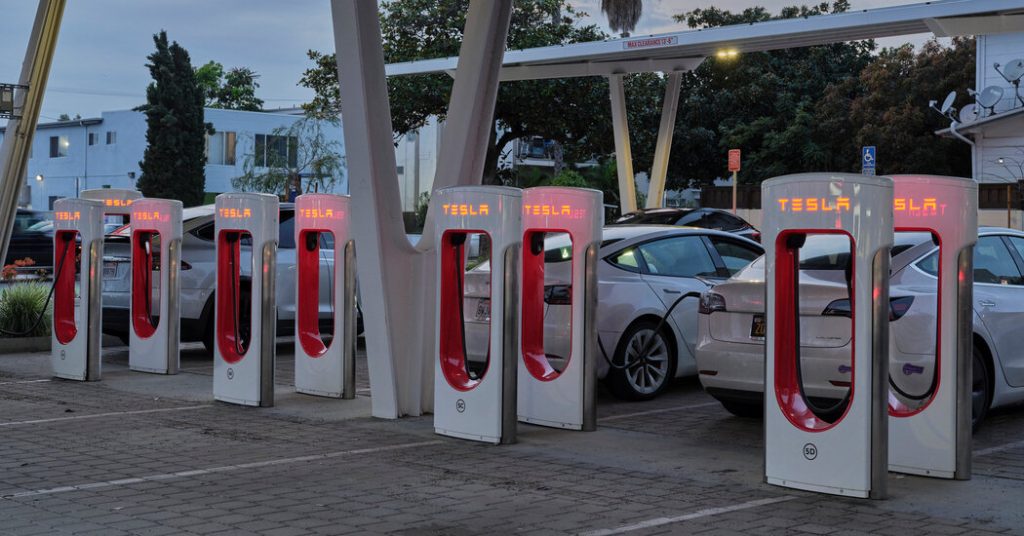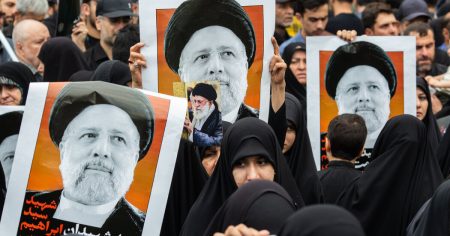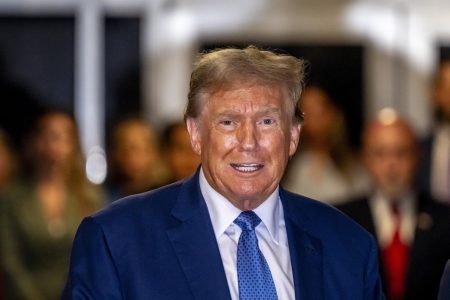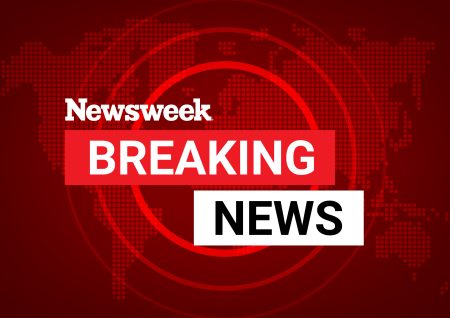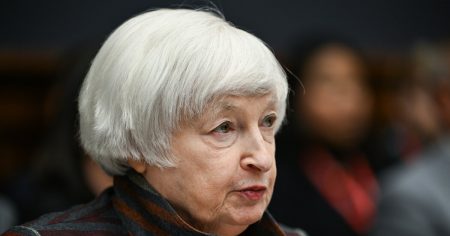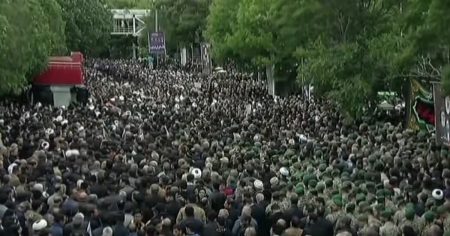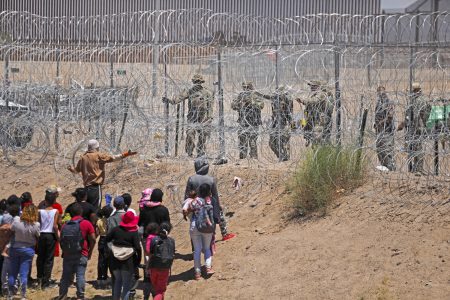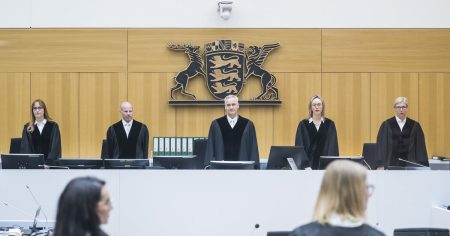Elon Musk has made the decision to gut a significant portion of Tesla’s team responsible for building electric vehicle charging stations, leading to concerns about the future of the largest and most reliable U.S. charging network. This move has caused uncertainty around deals that Musk previously struck with leaders of other automakers, including General Motors and Ford Motor, which allowed cars made by those companies to use Tesla Supercharger stations. These agreements were seen as a significant validation of Tesla’s technology and gave the company a strong influence over the auto industry.
The layoffs, affecting around 500 Tesla employees, were announced on social media by many of those affected, raising questions about the future of fast chargers for electric vehicles on road trips. While Tesla had previously been focused on expanding its Supercharger network, Musk stated that the company will now slow down construction of new charging stations and place greater emphasis on maintaining 100% uptime and expanding existing locations. The sudden decision to dismiss the Supercharger team caught many off guard and left individuals like Andrés Pinter, whose company installs chargers for Tesla, stunned by the layoffs.
Numerous laid-off Tesla employees expressed their concerns publicly, with many questioning the future of the NACS charging standard. The laid-off employees also raised concerns about the impact on the charging network and the exciting projects that they were working on. Despite these layoffs, Ford has stated that their plans have not changed, and they will continue to work with the current charging infrastructure. The layoffs come only two weeks after Tesla announced a layoff of 14,000 employees worldwide, which has unsettled investors who were starting to regain confidence in the company following a significant drop in profit.
Tesla’s charging network has been a critical component of its success in the electric vehicle market, offering an extensive network of fast chargers. By allowing other manufacturers to use the network, Tesla had opened up a potential source of recurring revenue, but it also relinquished its exclusive access to the network. The company’s decision to slow down the construction of new charging stations may be linked to the increasing competition in the electric vehicle market, with other carmakers like Hyundai and Ford gaining market share and potentially reducing Tesla’s need to build additional charging stations to support its rivals.
The abrupt dismissals and the lack of communication with impacted employees have led to criticism and bitterness among those who lost their jobs. Many employees who had spent years building up the company expressed frustration and disappointment with the way the layoffs were handled. This sudden decision could have a negative impact on the morale of remaining employees at Tesla, raising concerns about how the layoffs will affect the company’s culture moving forward. Despite these challenges, Elon Musk remains focused on the company’s growth potential in areas like artificial intelligence and autonomous driving technology.





